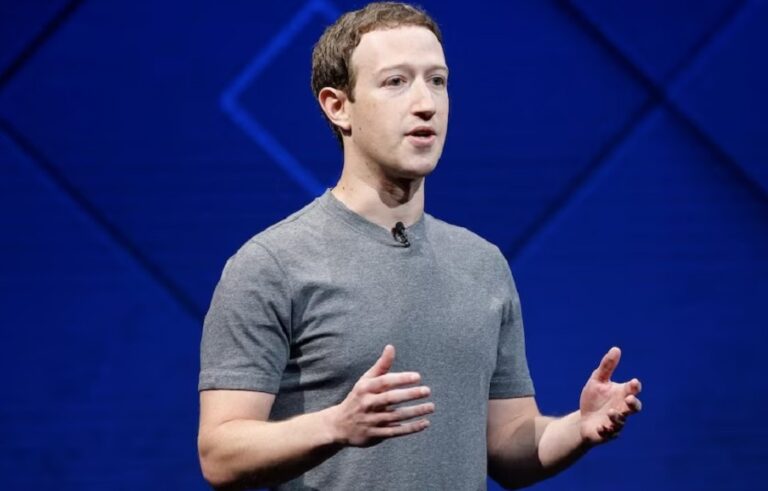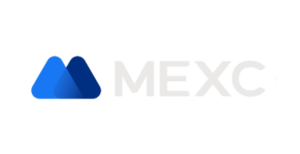Meta chief executive Mark Zuckerberg on April 24 said the company would continue to meaningfully grow its investments in artificial intelligence (AI) even as he reassured investors of the potential monetisation opportunity from the nascent technology in the future.
“We’ve historically seen a lot of volatility in our stock during this phase of our product playbook – where we’re investing in scaling a new product but aren’t yet monetizing it. We saw this with Reels, Stories, as News Feed transitioned to mobile and more” Zuckerberg said during the company’s earnings conference call.
Zuckerberg’s comments came after the company revealed it would spend billions of dollars more than expected on infrastructure to support its quest for supremacy in the ongoing AI arms race with tech giants Microsoft and Google and upstarts such as OpenAI.
The social networking giant increased its capital expenditure projections to $35-$40 billion for 2024, from a prior range of $30-37 billion, fueled by infrastructure investments to support its ambitious AI research and product development efforts. Meta said it expects capital expenditures to increase in 2025 as well.
This move, along with a weak revenue guidance for Q2, spooked investors as the company’s shares tumbled by as much as 15 percent in extended trading.
Zuckerberg however said that historically investing in scaling up products before they start generating revenue has been a “good long-term investment for us and for investors who have stuck with us”
“Smart investors see that the product is scaling and that there is a clear monetisable opportunity there even before the revenue materializes” he said.
Long-term investment cycle
Zuckerberg however noted that building AI services will be a larger undertaking than the other experiences the company has added to its apps, and it is likely going to take several years before these services become profitable ones.
Meanwhile, the firm will continue focusing on operating the rest of the company efficiently, he said.
Last week, Meta unveiled a new version of its AI chatbot Meta AI, powered by the company’s latest large language model Llama 3. This chatbot was made available across the company’s suite of apps including Facebook, Instagram, WhatsApp, and Messenger and hardware such as Ray-Ban Meta smart glasses, making it accessible to billions of users worldwide.
The chatbot, which is currently available in about a dozen English-speaking countries including the United States, Australia, and Canada, has been tried out by tens of millions of users, Zuckerberg said.
This launch coincided with the firm releasing Llama 3, the latest and the most powerful version of its open source large language model with new capabilities including improved reasoning.
Meta is also building a range of AI services such as creator AI characters that helps creators extend their virtual presence and engage their communities; business AI characters that enables companies to help their customers buy things and get customer support; internal coding and development AI services, and hardware like glasses for people to interact with AI assistants among others.
“I view the results our teams have achieved here as another key milestone in showing that we have the talent, data, and ability to scale infrastructure to build the world’s leading AI models and services” Zuckerberg said.
Once the company’s AI services reach scale, Meta chief said they have a “strong track record” of monetising them effectively. This includes business messaging, introducing ads or paid content into AI interactions, charging people for access to bigger AI models and more compute among others.
How AI is improving Meta’s apps
Zuckerberg said that AI is already helping the firm improve app engagement which leads to people seeing more ads as well as improving these ads. “If the technology and products evolve in the way that we hope, each of those will unlock massive amounts of value for people and business for us over time” he said.
Zuckerberg said that about 30 percent of the posts on Facebook feed are delivered by the firm’s AI recommendation system, registering a two-fold increase over the last couple of years. More than 50 percent of the content people see on Instagram is also AI recommended, he said.
Revenue flowing through two of its AI-powered advertising tools – Advantage+ Shopping and Advantage+ App Campaigns – has more than doubled since last year, he said.
“We’re also going to continue to be very focused on efficiency as we scale Meta AI and other AI services. Some of this will come from improving how we train and run models…As we ramp these investments, we will also continue to carefully manage headcount and other expense growth throughout the company” Zuckerberg said.
Reality Labs + AI
During the earnings conference call, Meta chief also reflected on how Reality Labs, the unit spearheading Meta’s metaverse ambitions, is increasingly helping in the company’s AI efforts.
For instance, he said glasses are the ideal device for an AI assistant because people can let the assistant see what they are seeing and hear what they are hearing, to have full context on what’s going on around the user to help them with various tasks in their daily lives.
Earlier this week, Meta rolled out a slew of updates to its Ray-Ban smart glasses including video calling via WhatsApp and Messenger and a multimodal AI assistant through Meta AI in the United States and Canada.
“We currently report on our financials as if Family of Apps and Reality Labs were two completely separate businesses, but strategically I think of them as fundamentally the same business with the vision of Reality Labs to build the next generation of computing platforms,” Zuckerberg said.
“Over time, we’ll need to find better ways to articulate the value that’s generated here across both segments so it doesn’t just seem like our hardware costs increase as our glasses ecosystem scales but all the value flows to a different segment” he said.
Reality Labs posted an operating loss of $3.85 billion for the first quarter ended March 2024, as compared to $3.99 billion loss in the same quarter last year. Revenue grew 30 percent year-on-year (YoY) to $440 million for the quarter, from $339 million in the same quarter last year.
Meta’s overall revenue grew by 27 percent to $36.5 billion for the quarter, from $28.65 billion in Q1 2023. Net profit more than doubled to $12.4 billion in Q1 2024, from $5.7 billion in Q1 2023. The company said it now has 3.24 billion daily active users across its suite of apps, up 7 percent YoY.


























